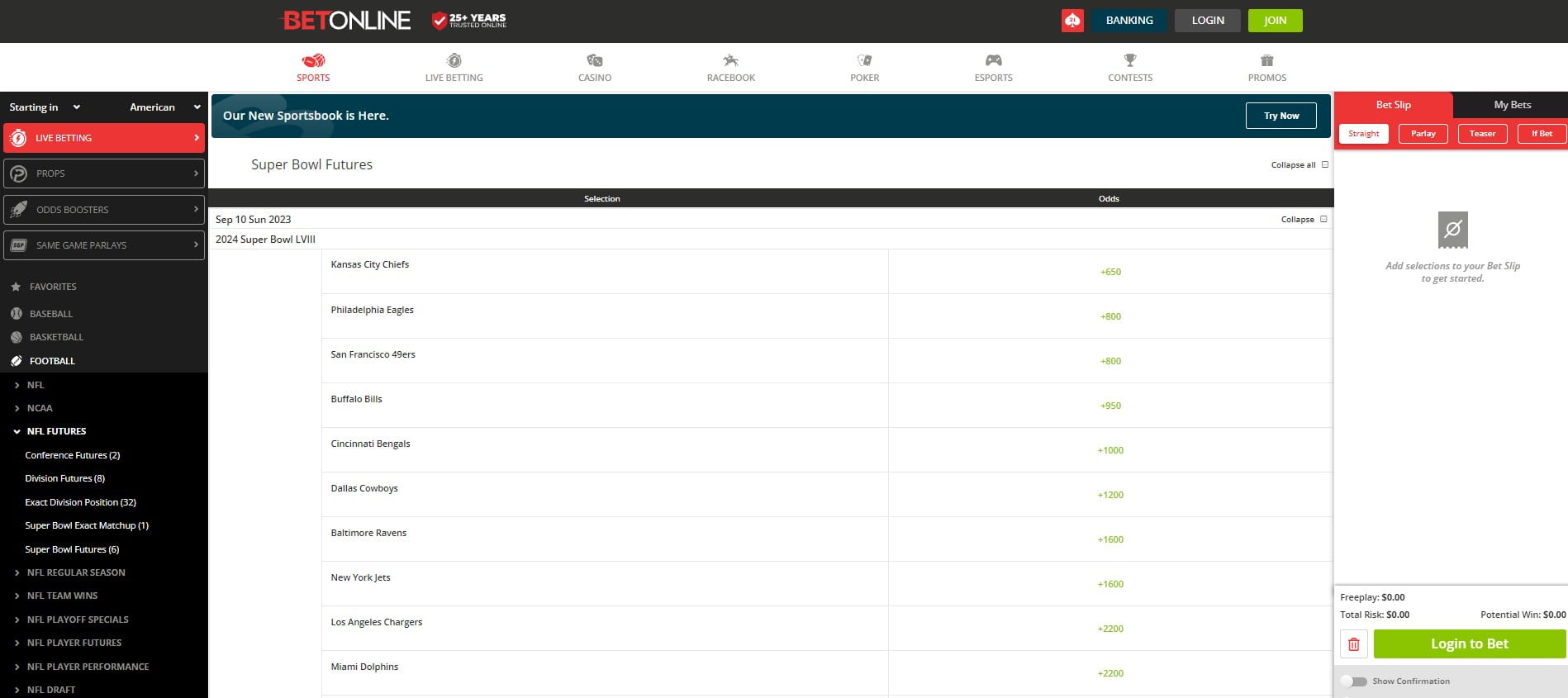In sports betting, a handle is the amount of money wagered by bettors on a sporting event or market in a particular period of time, usually reported by sportsbooks or betting operators. It is useful as an indicator of betting activity and helps sportsbooks and bettors understand the popularity of an event or a market. The sports betting handle helps you understand the betting volume and can influence the movement of prices or lines at a sportsbook. So, what does handle mean in betting? In short, it is simply the amount of money bet an event or markets takes over a period of time.
What is the Difference Between Handle and Revenue?
Handle and revenue are two words that are synonymous with the world of online sports betting. If you have never heard them in this context, they may seem completely foreign to you. In reality, they are simple to understand. Here’s what you need to know:
Handle: In sports betting; the handle refers to the total amount of money wagered by bettors on all the bets placed within a specific time frame or for a particular event or sportsbook. It represents the total volume of bets taken by the sportsbook from customers. The handle is also known as “total bets” or “total wagers.”
For example, if a sportsbook accepts $10,000 in bets on a football game, that $10,000 would be considered the handle for that specific event. The handle reflects the popularity of the event through the money bet and, last year, the Super Bowl handle was a reported $16 billion.
Revenue (Profit): The revenue in sports betting is the income earned by the sportsbook after paying out winnings to winning bettors and deducting any expenses, such as operating costs and taxes. Revenue is also commonly referred to as “profit” or “net income” in this context.
To calculate the revenue, the sportsbook subtracts the total amount paid out to winning bettors (including the original wager and any winnings) from the total handle. The result is the profit earned by the sportsbook from that specific event or time period. For example, if the sportsbook paid out a total of $9,000 to winning bettors from the $10,000 handle, their revenue (profit) would be $1,000.
What is the Difference Between Handle and Hold?
There are distinct differences between the term handle and hold. The handle represents the total amount of money wagered by bettors, representing the overall sports betting activity and interest. It is the sum of all wagers accepted on a specific event or within a specific period.
On the other hand, the hold, also known as the win percentage, is the portion of the handle that the sportsbook retains as profit after paying out winnings to winning bettors. It is calculated by subtracting the total payouts from the total handle and expressing it as a percentage. The handle measures the betting volume, while the hold gauges the sportsbook’s profitability on those bets, giving valuable insights into the business’s performance.
How Can the Handle Percentage Differ From the Percentage of Bets?
The handle percentage can differ from the percentage of bets in sports betting due to variations in bet sizes and the odds offered on different bets. Basically, just because the favorite has taken, let’s say, 60% of the bets, that doesn’t necessarily mean that more money has been placed on the favorite and not the underdog. Here is what you need to consider regarding how the handle percentage can differ from the total percentage of bets:
Bet sizes: The handle percentage is calculated based on the total amount of money wagered by bettors, regardless of the number of bets placed. If a few bettors place large bets, it can significantly impact the handle percentage.
For example, if one bettor places a $1,000 bet and 100 other bettors place $10 bets, the handle would be $2,000 (sum of all bets), but the percentage of bets placed by the single bettor who wagered $1,000 would be much higher compared to the percentage of bets placed by the other 100 bettors who each wagered $10.
Odds and payouts: Different bets have different odds and payout structures. Some bets may have higher odds and potential payouts, while others may have lower odds and more modest payouts.
Bettors might be attracted to bets with higher potential returns, leading to a higher percentage of the handle being concentrated on those specific bets. In contrast, bets with lower odds or smaller potential payouts may attract more bets but contribute less to the overall handle percentage.

How Does Knowing the Handle Help Your Betting?
Knowing the handle in sports betting can be helpful for two main reasons. First, it gives you an indication of the popularity and competitiveness of an event or market. A high handle suggests significant interest and potentially well-calibrated odds, while a low handle may signal less popular or less efficient markets, presenting potential opportunities for finding favorable odds.
Second, tracking the handle over time allows you to spot betting trends and assess public sentiment on certain events. Understanding how the handle evolves can help you identify potential value bets by betting against the crowd when odds are mispriced due to popular opinion. However, while the handle information is valuable, remember to consider other important factors like team performance, injuries, and weather conditions to make well-informed sports betting decisions.
Which Events Have the Biggest Betting Handle?
There are a number of events that draw massive viewership and, as a result, much bigger handle than other sporting events. You can probably guess what some of the biggest handle events might be that draw bigger handles, such as the Super Bowl, but here’s an idea of the events on the best onshore and offshore betting sites that bring in the biggest bet percentages and handles:

Super Bowl: The Super Bowl, the championship game of the National Football League (NFL) in the United States, consistently ranks as one of the most bet-on sporting events globally. The best Super Bowl betting apps offer a multitude of betting options on this event.
FIFA World Cup: The FIFA World Cup, held every four years, is one of the most-watched and most bet-upon events in the world of soccer (football). The top soccer betting apps offer a wide range of sports betting options and boosted odds to attract players.
UEFA Champions League Final: The final match of the UEFA Champions League, Europe’s premier club football competition, attracts significant betting action from fans and bettors worldwide.
Kentucky Derby: The Kentucky Derby, the first leg of the Triple Crown of Thoroughbred Racing in the United States, is a popular betting event in horse racing.
NBA Finals: The NBA Finals, the championship series of the National Basketball Association (NBA), draws substantial betting interest from basketball fans and bettors.
UEFA European Championship (Euro): Like the FIFA World Cup, the UEFA Euro tournament, held every four years, is a significant betting event for soccer fans with any given game taking huge sums of money.
Grand Slam Tennis Tournaments: Events like Wimbledon, the US Open, the Australian Open, and the French Open generate considerable betting activity in the world of tennis.
Major Golf Tournaments: Prestigious golf tournaments such as The Masters, the U.S. Open, The Open Championship, and the PGA Championship are popular among golf bettors, these tournaments and more golf markets are available on most of the best golf betting apps available in the USA.
Major Boxing and MMA Fights: High-profile boxing and mixed martial arts (MMA) fights featuring top fighters attract substantial wagering interest at the best MMA and boxing betting sites.